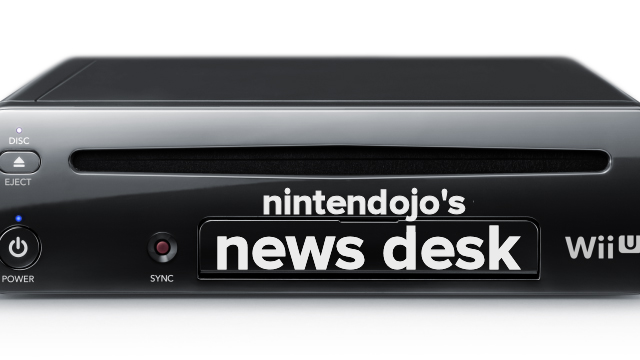
When China lifted its ban on externally produced video game content, there was quite a bit of speculation on who would be making the first move and which of the big three console manufacturers would benefit most. That discussion subsided over time but it might be picking back up again now that the country, famous for its censorship, has revealed the rules it will be using to decide whether or not a game can be released.
Considering China’s love for state run media, it should come as no surprise that it will not allow anything that could harm the nation’s “unity, sovereignty, or territorial integrity,” or its “reputation, security, or interests.” Also, China will not permit any game that violates the nation’s constitution or other existing laws, and seeing how I am not a Chinese law scholar, I’m not quite sure how far that will stretch exactly.
Outside of political interests, there are plenty of rules concerning the potential social cultural impact of games. Gambling will definitely not be permitted, either as a game that involves actual gambling or a game that promotes it, and games that “promote or incite” drugs, violence, and obscenity are also out of the question. China will also come down hard on content that denigrates both its own culture, and those of others, though it will not allow games that violate the country’s laws regarding religion, which do not allow “promoting cults or superstitions.” Finally, they will not allow games to “insult, slander, or violate the rights of others.” If the last rule includes online gaming, then Xbox Live is doomed.
Companies will have to take a few other matters into consideration regarding this process. While they will be able to sell in China, they must be partnered with a Chinese company. The release doesn’t specify what department will be reviewing games, other than saying it is done by the “culture department charge” and that the review process will not exceed 20 days. Furthermore, this review process will be applied to updates to existing games. And finally, all games must include the option to play with simplified Chinese characters.
All things considered, I can’t help but think that this will present a dramatically different landscape than traditional western markets because it is really hard to see how many major franchises can meet these criteria without significant changes. Except for Nintendo, really. By judgement, most Nintendo games look like they should pass these restrictions with flying colors.
Regardless of what happens, though, Australians can finally celebrate, because they no longer have the most needlessly restrictive game censorship on the planet.
Source: Games in Asia




 ShareThis
ShareThis






Well, progress happens one step at a time I guess. Based on these requirements I’d say the 3DS is set to take off the most out of the current hardware out there.
Any word on whether Nintendo will be doing the translations themselves? Or will this partner company take care of that?